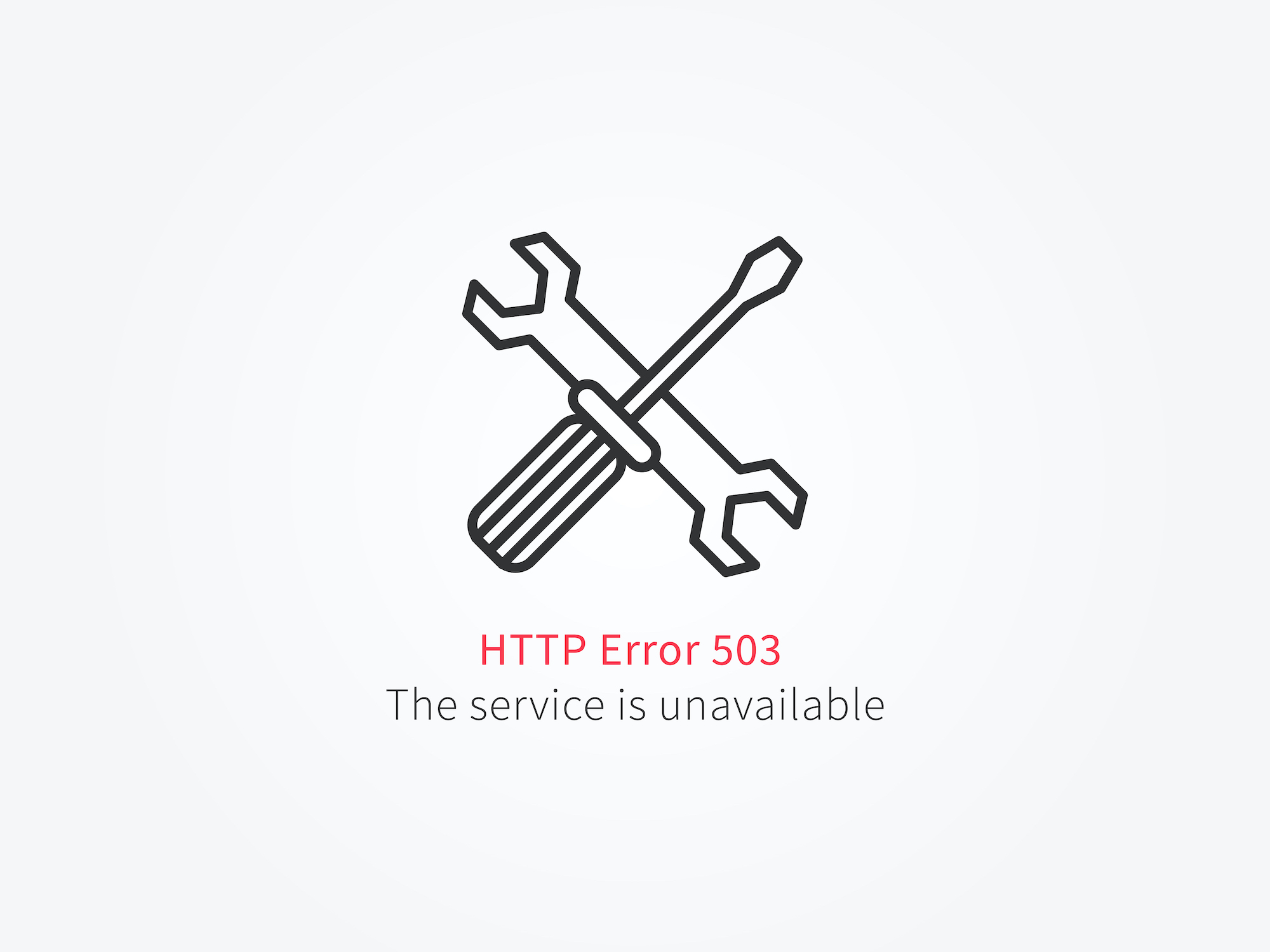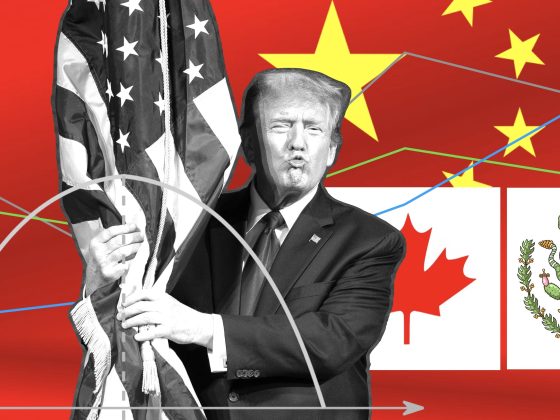
Team Spiffeng, comprising of NTU students, April Khong Ting Feng, Daris Dzakawan, Jovan Hermawan and Edward Widjaja, represented Singapore in the Top 40 finals for Microsoft’s Imagine Cup 2021
A trip to the local supermarket during the onset of COVID-19 (Phase 1) made Nanyang Technological University (NTU) student April Khong realise one thing: the threat of food insecurity had never been more real. She had noticed that the fruits and vegetables sold were either limited in quantity or of poor quality, likely because Singapore – a country that imports more than 90 per cent of its produce from overseas – was affected by supply chain disruptions caused by the global pandemic.
Cognizant of the broader issue at hand, April and her fellow classmates Daris Dzakwan and Jovan Hermawan, both Indonesians with families who experienced their fair share of food supply shortages back home, saw an urgent need to address these pertinent issues of food security. By combining their cultural insights and technical expertise across quality control, software engineering, data analytics and machine learning, along with the agricultural expertise of additional Berlin-based team member Edward Widjaja, Team Spiffeng was born – with a goal of helping Singapore reduce its dependence on imported food.
Despite the team members residing in different parts of the world, April, Daris, Jovan and Edward were determined to collaborate and come together to solve this global issue by empowering everyone to be able to grow their own produce, starting with Singapore as a test bed for innovation.
Empowering everyone to grow their own produce
As a land-scarce country, Singapore has its own unique challenges in the area of food security. The country is heavily reliant on imported food – making us vulnerable to short-term disruptions arising from supply shortages, crop failures or animal diseases. To reduce this dependence, the Singapore Food Agency had previously announced a ’30 by 30′ goal to transform our agri-food industry into one that is productive, innovative and sustainable. This means producing 30 per cent of the nation’s nutritional needs locally by 2030.
Aligned with the nation’s agenda, Team Spiffeng sought to empower the everyday individual to be able to grow their own fresh produce. This led to the development of their IoT Hydroponic System – an end-to-end automated solution that consists of a hydroponics greenhouse, which can grow high-nutritional food while maximizing resources.
Users can simply rent a box to grow, manage, harvest and enjoy their own fruits and vegetables and take ownership of their food security all via an app, without the need for agricultural knowledge, a large plot of land, or dedicated resources to maintain their produce.
Team Spiffeng’s IoT Hydroponic System Prototype at Green Valley Farm in Singapore
Automation and ease of accessibility were the key priorities when designing the system, to address some of the key challenges faced by the agriculture industry. Team Spiffeng ensured that users would be able to remotely monitor and maintain the condition of their produce in real-time via a mobile application and camera tagged to the greenhouse.
The app – which was developed using Microsoft’s Azure App Services – also has a community element, where users can connect with like-minded individuals to share images of their produce with other users. Core to their strategy is ensuring the technology behind the solution is solid and stable. The hydroponic system is built on Azure Internet of Things (IoT) hub, a cloud-hosted solution to connect virtually any device back-end, to enable reliable and secure communications between user mobile devices and the hydroponic system. Our end-to-end solution has 2 sources of data, lab-based data and real-datasets.
Team Spiffeng’s IoT Hydroponic System Mobile Application
The lab-based datasets and real datasets comes from our current hydroponic and aquaponic systems, and we used Azure IoT Hub to connect to our temperature and humidity sensors that reads environmental data. These datasets are compiled into CosmosDB as our centralised data centre. Real-datasets will further train our Machine Learning model, along with the lab-based datasets, in Microsoft Azure Machine Learning Studio after eliminating noise or corrupted data. The results will be projected by PowerBI so that users of our app can view their projected harvest time, plant growth and estimated daily nutrition intake.
Team Spiffeng’s IoT Hydroponic System Prototype at Green Valley Farm in Singapore
To bring their idea to life and connect the digital world to physical outcomes, Team Spiffeng partnered with Green Valley Farm, one of Singapore’s oldest commercial organic farms, to set up a hydroponics prototype of their solution. The team has been conducting tests with different mediums such as mineral wool, clay pebbles and perlite to explore which farming method works best for Singapore’s weather and environmental conditions to achieve an optimal plant growth rate.
Inspiring fellow youths at Imagine Cup 2021
Shortlisted as a Top 40 World Finalist in Imagine Cup 2021, Team Spiffeng impressed the judges with their innovative and unique solution. Up against tens of thousands of teams from 163 countries, they were one of the four teams to represent Singapore in Microsoft’s annual competition for student innovators across the globe.
This marked a huge milestone for the team in their journey to incite change with technology for a better future for themselves, their communities and the nation. Team Spiffeng’s IoT Hydroponic System seeks to answer Singapore’s core challenge of being dependent on other countries for food by empowering every person and every organisation to take charge of their food security – contributing to the broader goal of creating a sustainable future for not just all, but our future generations to come.
“It feels surreal when we think about how far we have come today. What started a simple project idea has evolved into an actual prototype of our solution, which earned us a spot in the global Top 40. Imagine Cup has been an amazing platform for us to showcase our innovation to a global audience, providing us with opportunities to bring it to the next level and inspire fellow youth to take that first step in positively impacting the community through technology,” said April.
Growing beyond Imagine Cup 2021
Post-Imagine Cup 2021, April, Daris, Edward and Jovan intend to continue enhancing their hydroponic system’s features by increasing tracking accuracy and reducing farming waste to promote sustainable farming practices. The eventual goal is to go beyond hydroponics and expand into aquaponics, as well as provide end-to-end consultancy services in the agritech sector.
Down the line, Team Spiffeng also aims to take their solution beyond the individual level to engage restaurants, retailers and even companies who are looking to develop their own hydroponic system and manage their own food supply. Eateries would be able to enjoy cost savings from efficient supply chain management, while educational institutions can leverage the data and insights collected via the mobile app for research use.
“Moving forward, we will focus on scalability and continue leveraging the flexibility of the Azure platform to increase the reach and impact of our solution. We will ensure that our IoT Hydroponic System is built not just for Singapore, but suited to meet the food supply needs of those regionally and around the world. Definitely looking forward to what the future has in-store for us!” added April.
Held annually since 2003, the Microsoft Imagine Cup is the world’s premier student technology competition, affectionately known by participants as the “Olympics of student technology competitions”. This year’s Imagine Cup encouraged participants to “Dream it. Build it. Live it” in order to create applications that shape how individuals live, work and play and through their creativity, passion and knowledge of technology. For more information about Imagine Cup, please visit https://www.imaginecup.com/.












